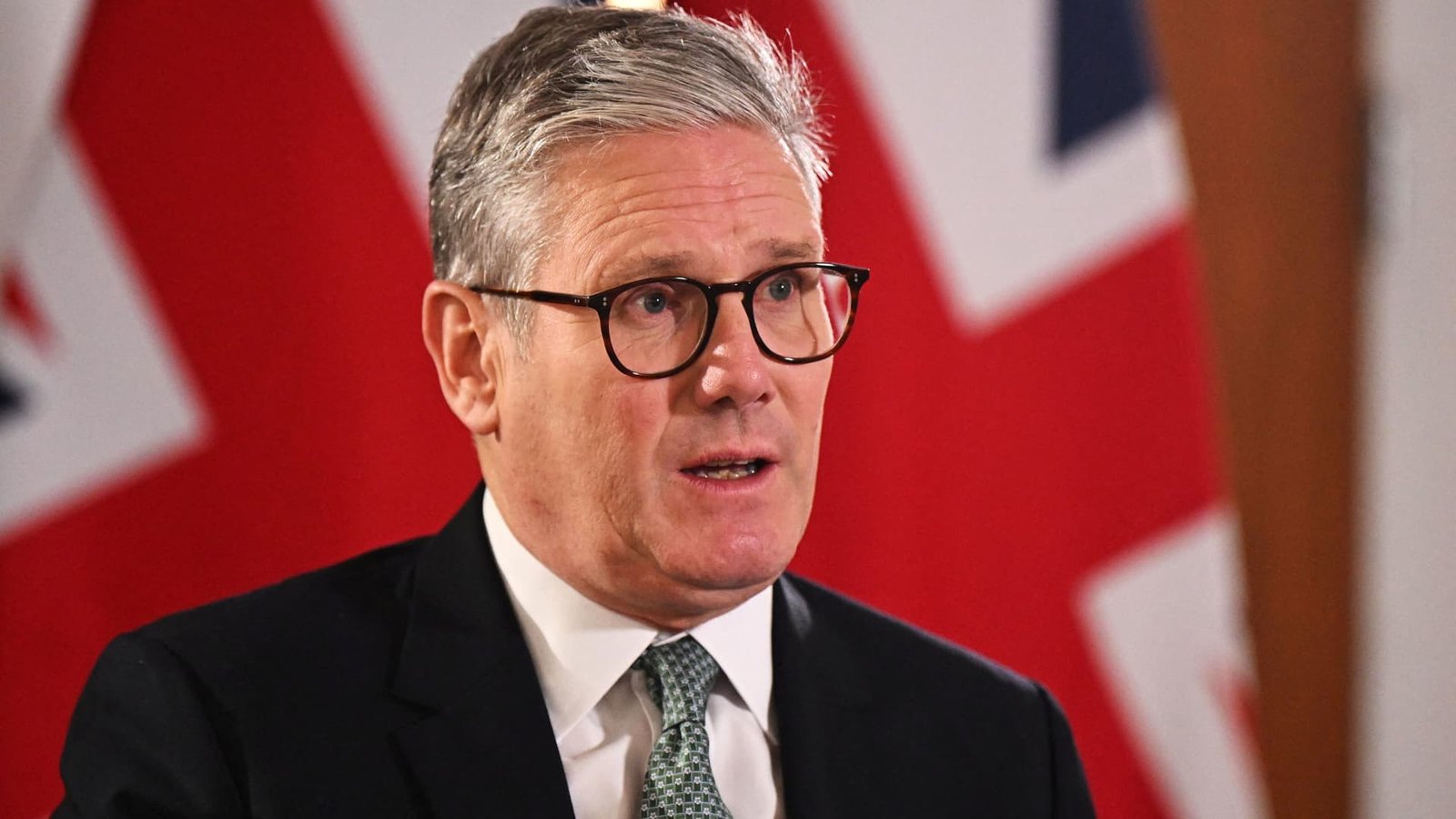
The U.K. is aiming to establish a domestic competitor to OpenAI and significantly enhance national computing infrastructure to position itself as a global leader in artificial intelligence under Prime Minister Keir Starmer’s administration.
Starmer unveiled a 50-point plan in London to harness the potential of AI, building on the groundwork laid by British tech investor Matt Clifford’s “AI Opportunities Action Plan.” The government’s focus is on expanding data center capacity nationwide to support developers creating advanced AI models that require high-performance computing resources.
A key objective is to increase public sector computing capacity in the U.K. by twentyfold by 2030, with initiatives like the AI Research Resource aimed at strengthening the country’s computing infrastructure. The government has also committed to establishing AI “growth zones” with relaxed planning regulations to facilitate the development of new data centers.
To address the need for sustainable energy sources for AI operations, an “AI Energy Council” comprising industry experts from the energy and AI sectors will explore the integration of renewable and low-carbon energy solutions, including nuclear power.
In a bid to foster homegrown AI innovation, the U.K. plans to create AI “champions” comparable in scale to major American tech firms. The government aims to leverage AI growth zones and the National Data Library to connect public institutions and enhance the country’s capacity to develop independent AI models.
Despite the positive reception of the government’s AI strategy by industry leaders, challenges persist, such as funding constraints hindering the growth of AI startups in the U.K. Calls have been made for reforms to encourage greater investment in innovative ventures, including proposals to allocate a portion of pension funds to support high-growth startups.
While the U.K. lacks formal AI regulations, plans are underway to introduce legislation governing AI applications, with recent consultations focusing on copyright measures related to AI model training. The country is also positioning itself with a distinct regulatory approach post-Brexit, aiming for a balanced oversight framework that is less stringent than the EU’s AI Act.







